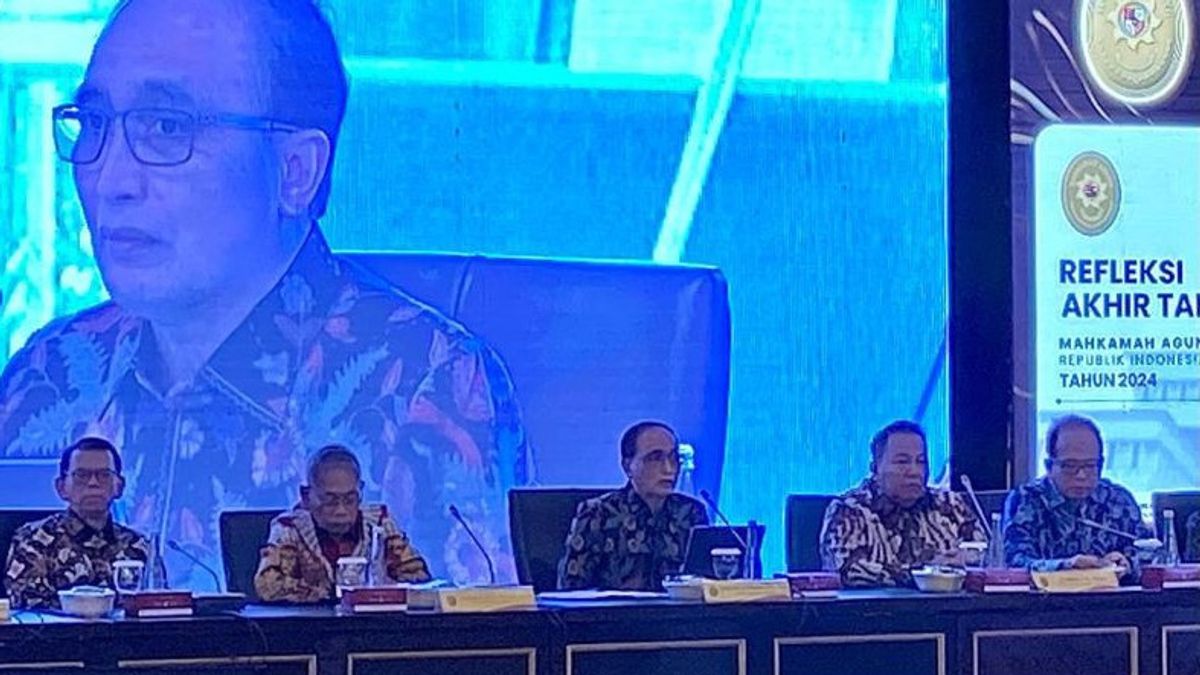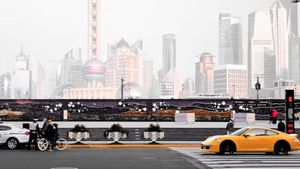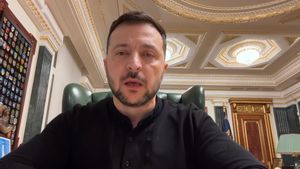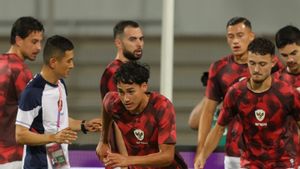JAKARTA - Chief Justice of the Supreme Court (MA) Sunarto said that the leadership of the Supreme Court and the leadership of judicial bodies throughout Indonesia do not need to be treated until they are given a rented room (VIP) at the airport during a working visit.
According to Suharto, this has become a standard operational procedure (SOP) among the leadership of the Supreme Court and the leadership of the judiciary under it to cultivate a simple lifestyle.
"When we go to the regions, we have conveyed that we don't need to be treated because we already have a letter of assignment, have funds, the daily money given by the state for us to eat, so we don't give it to our families," Sunarto said during the Supreme Court's Year-End Reflection in Jakarta, reported by ANTARA, Friday, December 27.
Sunarto said that changes must be made from the smallest part. In addition, the Chairperson of the Supreme Court believes that the leadership is a role model for his staff.
"There are no souvenirs, no treatment, no room at the airport, nothing. We have to start small ones that we fix first. Starting from now on, starting from ourselves. Who used to be? The leadership of the Supreme Court, the leadership of judicial bodies throughout Indonesia must start," he said.
He emphasized that the leadership of the Supreme Court and judicial bodies must be role models, so they cannot be part of problems in the institution. This, he said, had become a joint commitment among leaders.
Sunarto also invited the public, through the press, to monitor and supervise the implementation of this commitment.
"We are all committed not to be a part of the problem in this institution. Because if the leadership of the Supreme Court and the leadership of the judiciary is part of the problem, then all the existing potential will only be used up to solve the leadership problem. When will the problem of institutions or institutions be resolved?" he said.
VOIR éGALEMENT:
Meanwhile, in the context of breaking the chain of ethical violations among judges and judicial officials, the Supreme Court has firmly imposed sanctions as a deterrent effect. Sunarto is committed to incidents such as Zarof Ricar, a former MA employee who is a suspect in the alleged bribery or gratuity conspiracy.
On the other hand, he said, elements of the leadership of the Supreme Court, the leadership of the judiciary, and the Supreme Court were given the authority to be supervisors and supervisors of the judiciary. In addition, the head of the appeal level court is also authorized to take temporary action in the form of frequent apparatus that is indicated to violate ethics.
In his presentation, Sunarto also detailed that the leadership of the Supreme Court has imposed sanctions on 206 judges and judicial officials throughout 2024, with details of 79 people being given severe sanctions, 31 moderate sanctions, and 96 light sanctions.
The English, Chinese, Japanese, Arabic, and French versions are automatically generated by the AI. So there may still be inaccuracies in translating, please always see Indonesian as our main language. (system supported by DigitalSiber.id)












